Purchasing a second-hand caravan in Australia can be an exciting yet challenging task. With the right guidance, you can save money and avoid potential pitfalls while embarking on your mobile adventures. As a prospective buyer, it's essential to be well-informed and thorough in your search for the perfect used caravan.
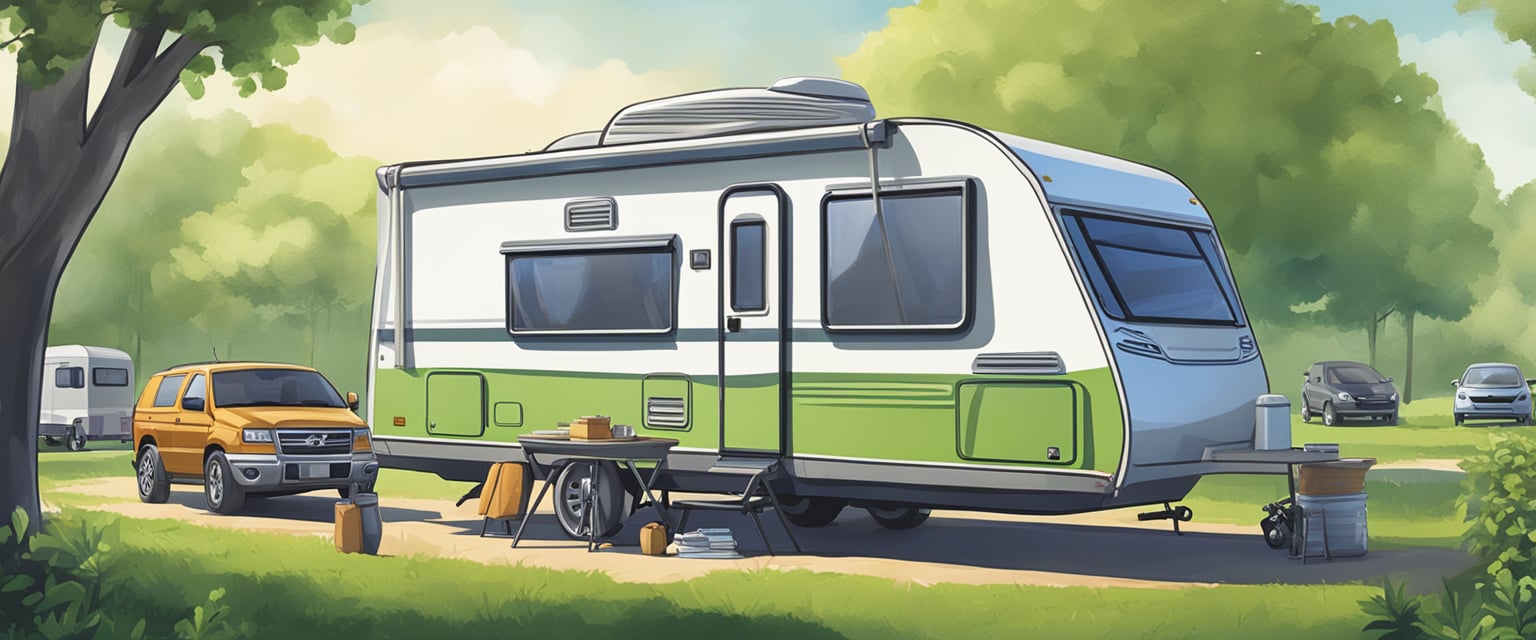
To begin your journey, first become familiar with the different types of caravans and their specific features. This will help you understand what best suits your travelling needs and budget. Next, consider the importance of inspecting potential caravans for structural integrity, water damage, and general maintenance. Assessing a vehicle's overall condition is crucial, as repairs can be expensive and time-consuming.
Your research should also include understanding the legal requirements and regulations that apply to caravanners in Australia. From registration to insurance, ensure that you're aware of your responsibilities as a future caravan owner. By exercising due diligence and following a systematic approach, you'll be well on your way to acquiring a reliable and cost-effective second-hand caravan.
Essential Checks
When it comes to purchasing a second-hand caravan in Australia, there are some essential checks you need to perform to ensure you are making a safe and valuable purchase. This section will cover some crucial mechanical and structural inspections that will make your decision an informed one.
Mechanical Checks
Before buying a used caravan, always prioritize the safety of you and your family by performing a thorough inspection of the mechanical components of the caravan. Here are some key aspects to consider:
- Brakes: Inspect the brake system for wear and tear, ensuring it's functional and well-maintained.
- Axle and Suspension: Check the condition of the axle and suspension system for signs of stress, corrosion, or damage.
- Tyres: Examine the tyres for adequate tread depth, wear patterns, and any visible damage. Make sure they are properly inflated.
- Handbrake and Tow Hitch: Confirm the handbrake is in working order and the tow hitch is secure and properly connected.
- Chassis: Inspect the caravan's chassis for any signs of rust, cracks or structural damage.
Regular service records usually indicate that mechanical components have been well-maintained. It's vital to ensure the caravan has been serviced regularly, so be sure to check its service history.
Structural Checks
The structural integrity of a used caravan is an essential aspect to examine. You need to look out for potential damage or issues that could lead to costly repairs in the future. Don't forget to check both the exterior and interior for the following aspects:
- Roof, Walls, and Floor: Inspect the roof, walls and floor of the caravan for any signs of water damage, dents, cracks, or wear.
- Doors and Windows: Ensure that doors and windows open and close properly, their seals are secure, and there is no visible damage.
- Awning: Assess the condition of the awning for tears, stains, and any other damage. Test its mechanism to ensure it operates smoothly.
- Exterior: Check the exterior for cracks, rust, dents, or other signs of damage. This includes any attachments or accessories, such as bike racks and air conditioning units.
By carefully inspecting the caravan's structure, you can be more confident in the quality and safety of your potential purchase. Remember, if you find any issues during your inspections, it's better to address them before finalizing the transaction. Utilize a handy checklist to guide you through the process and avoid overlooking any critical aspects.
Electrical and Gas System
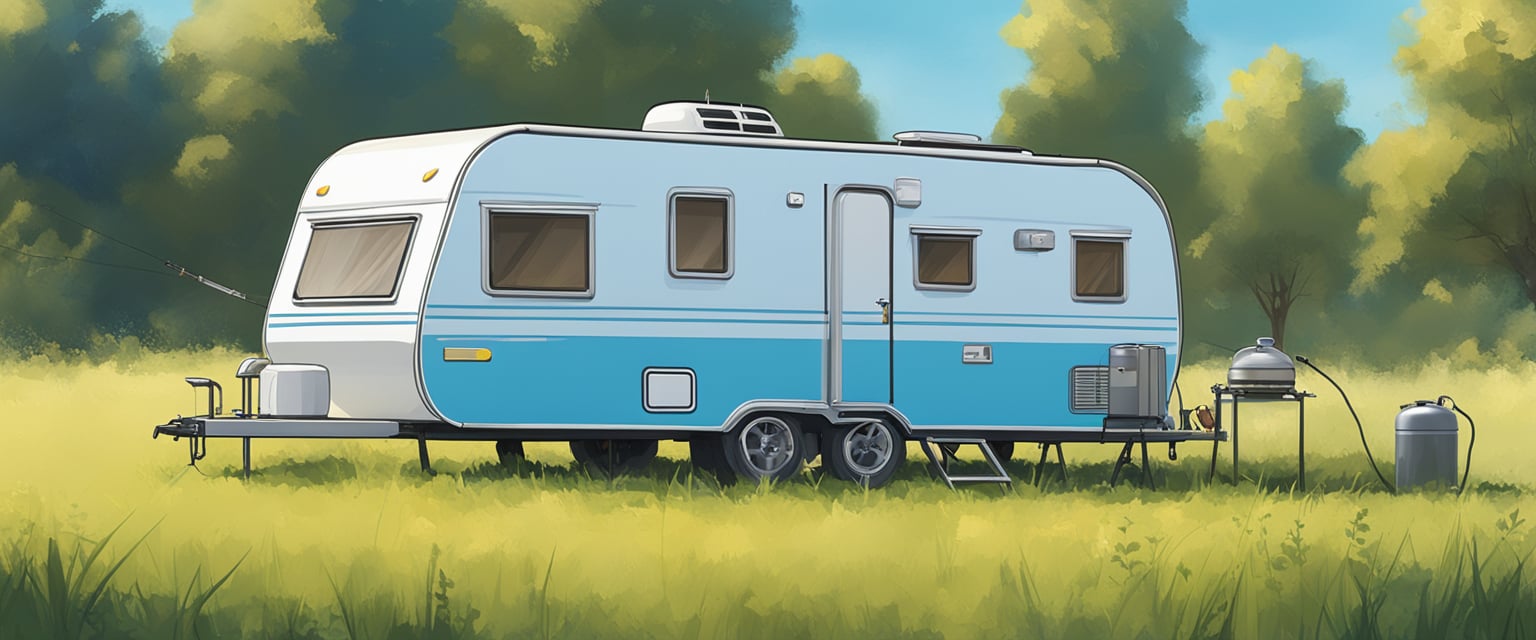
When purchasing a used caravan in Australia, it's crucial to inspect the electrical and gas systems. These are essential components for a comfortable and safe caravanning experience.
Lighting and Wiring
First, examine the lighting and wiring. Ensure all lights, both interior and exterior, are functioning correctly. Also, pay attention to any signs of wear or damage to the wiring. Faulty wiring can lead to short circuits or even fires 1.
- Check the caravan's battery to make sure it holds a charge and is in good condition.
- Test the electric brakes to ensure they are functioning correctly and are not worn.
- Inspect the 12V system for any signs of wear or improper connection.
Appliances and Gas System
Next, examine the appliances and gas system. Ensure the gas system is leak-free and all appliances are working correctly. A faulty gas system can pose serious safety risks, so it's essential to have it inspected 5.
- Fridge: Confirm that the fridge cools efficiently and is in good working order.
- Hot water: Check the hot water system for any leaks and make sure it heats water effectively.
- Microwave: Test the microwave's functionality and ensure it heats food evenly.
- Kitchen appliances: Verify the stove, oven, and any other kitchen appliances operate correctly and safely.
When purchasing a used caravan, consider having the electrical and gas systems serviced by a professional. Regular servicing can prevent accidents, maintain the appliances' efficiency, and extend their life span 4.
Remember to prioritize safety and ask for assistance if you're unsure about inspecting the electrical and gas systems. By conducting a thorough assessment, you can confidently invest in a second-hand caravan that meets your needs and provides a secure, enjoyable caravanning experience.
Interior Inspections
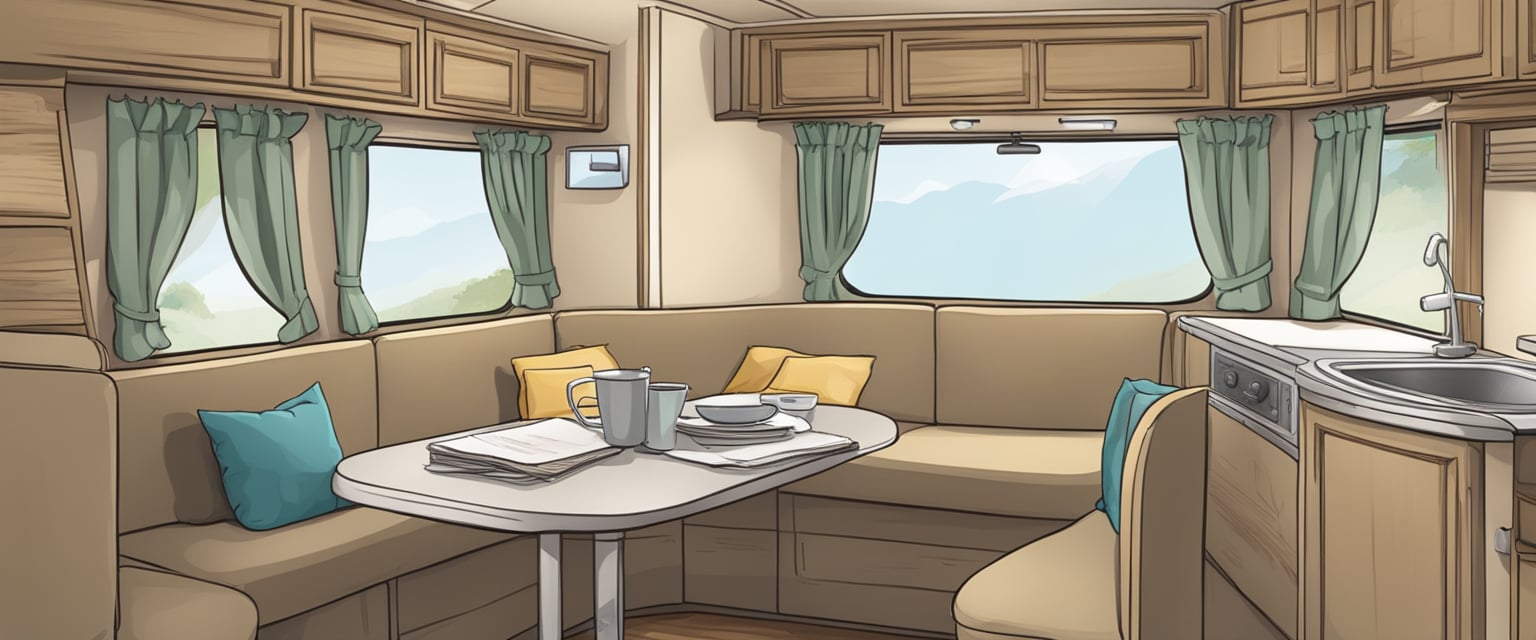
Interior Checks
When inspecting the interior of a used caravan, it's important to check for any signs of damage or leaks. Start by examining the walls and ceiling for dampness and soft spots, which may indicate water ingress or rot. You can use a moisture meter to get more accurate readings.
Make sure to open all the cabinets and cupboards, checking for any signs of damage or sagging shelves. Don't forget to inspect the flooring, especially in high-traffic areas, and check if there's any unexpected movement or rot beneath the surface.
Specific Furniture and Features
Beds: Test the beds for comfort and ease of use. Make sure any fold-out or convertible beds function smoothly and that mattresses are in good condition. Check for any noticeable stains or tears in the fabric.
Kitchenette: Inspect the kitchen appliances, such as the fridge, oven, and cooktop, to ensure they're in working order. Check the condition of bench tops, sinks, and taps for any signs of wear and tear or leaks.
Shower and toilet: Look for any cracks or damage to the shower enclosure or toilet, and ensure that the drainage system works effectively. Test the hot and cold water taps for proper flow and temperature control.
Storage Space: Consider whether the caravan has enough storage space to suit your needs, and check that all the storage compartments are secure and free of dampness or musty smells.
By closely examining the caravan's interior and paying attention to the various furniture and features mentioned, you'll be better equipped to make a confident decision when purchasing a second-hand caravan in Australia.
Paperwork and Documentation
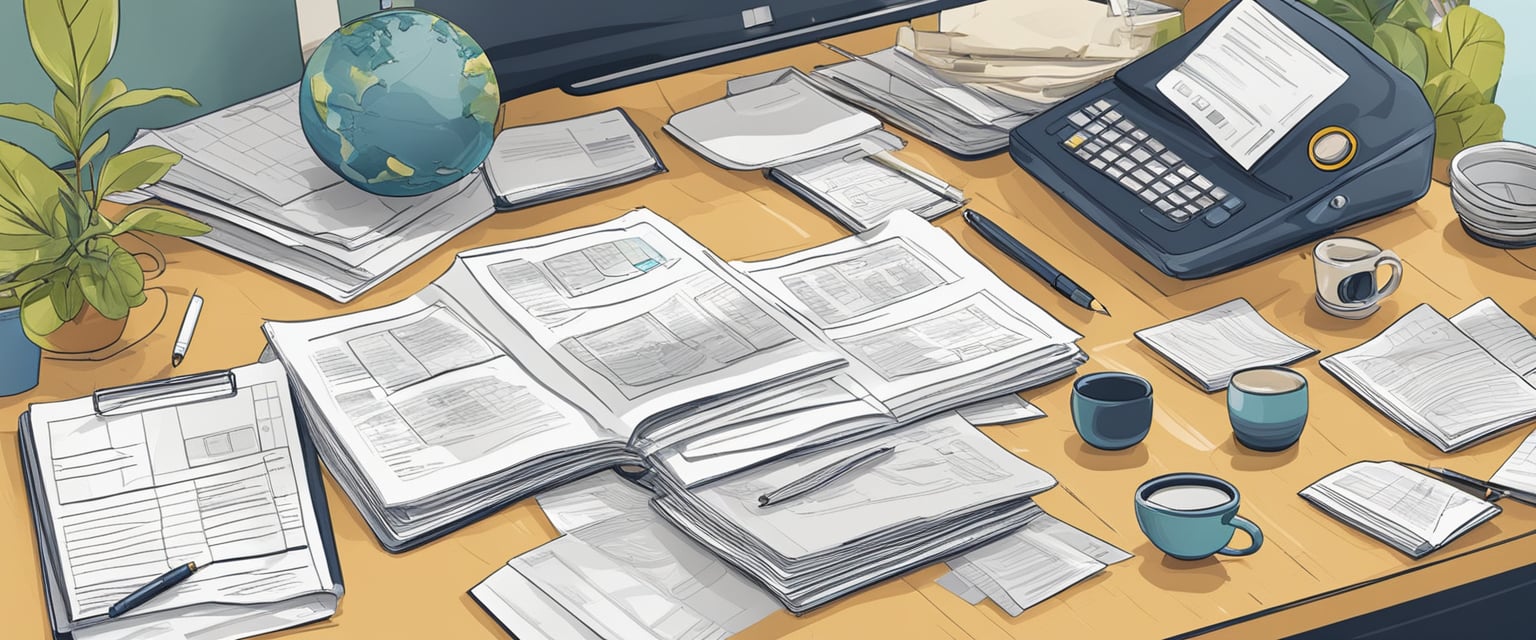
When purchasing a used caravan in Australia, it's essential to examine the necessary paperwork and documentation to ensure a seamless transaction and peace of mind. This section will guide you through what to look for and verify before finalizing your purchase.
Ownership and Service History
It's crucial to verify the caravan's ownership history, especially if you're not buying from a dealership. Inspect any relevant documentation related to the caravan's ownership and maintenance history. You should be able to access records of past owners, service intervals, and any significant repairs. This information allows you to gauge how well the caravan has been maintained and if any persistent issues require attention.
A well-documented service history is a good indicator that the used caravan has been cared for and maintained regularly. Look for consistent service intervals and any recurring issues that might raise concerns. Checking the records also helps you learn if any warranty claims were made, which might give you insight into potential problems.
Compliances and Certificates
To ensure your caravan is roadworthy and compliant with Australian regulations, check for the necessary compliance certificates. If the caravan you're interested in predates the current COVID-19 pandemic, it may need additional inspections to ensure it complies with updated safety and health regulations.
Some key documents you should verify include:
-
Roadworthy Certificate (RWC): This is a crucial document, required whenever a vehicle changes ownership in Australia. The RWC ensures the caravan is safe and suitable for use on public roads.
-
Australian Design Rules (ADRs) Certificate: Ensure the caravan complies with the ADRs, which are minimum safety and design standards for vehicles in Australia. A compliance plate should be attached to the caravan, displaying either the date of manufacture or the relevant ADRs compliance information.
-
Gas Compliance Certificate: For caravans with gas appliances, this certificate is mandatory, ensuring that the appliances meet Australian safety and compliance standards.
-
Electrical Certificate: If the caravan has any electrical systems, you should obtain an Electrical Safety Certificate to ensure these are safe and compliant.
Keep these documents in mind as you search for used caravans, and make sure to request them from the seller. Proper documentation not only ensures your peace of mind but also helps protect you from potential legal issues and costs associated with noncompliance. Remember that purchasing a used caravan is an investment, and thorough inspection of paperwork and documentation can help guarantee a smooth experience.
Buying Process
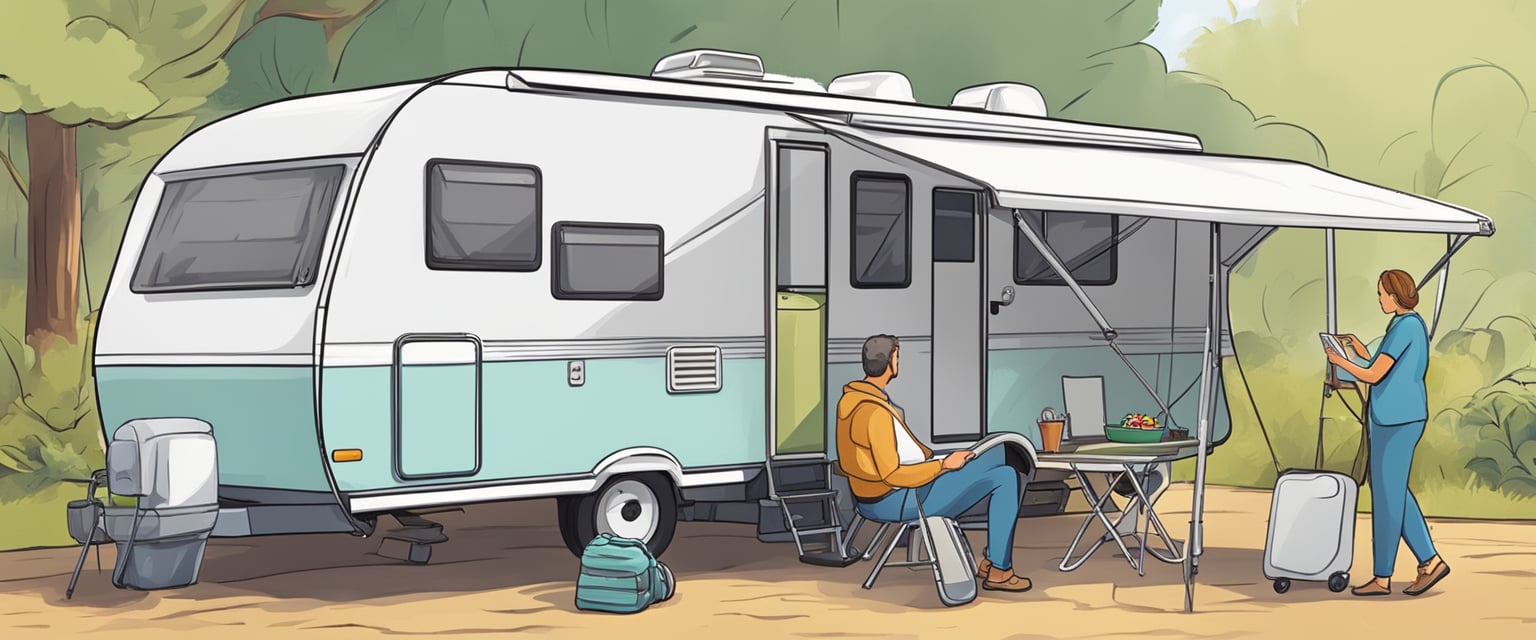
Viewing and Inquiring
When you start the process of buying a used caravan, it's essential to do your due diligence in viewing and inquiring about the available options. Begin by examining both dealers and private sellers, as each comes with its own set of advantages and disadvantages. Dealerships may offer a higher level of customer service, while private sellers may provide better bargains.
Before viewing a caravan, make a list of important factors such as the desired size, brand, and features. When inspecting a used caravan, keep an eye out for any visible signs of damage or wear. Check for any signs of water damage, rust, or delamination, as these issues can lead to costly repairs down the line. Don't hesitate to ask the seller any questions you may have regarding the caravan's history, maintenance, and any previous issues it may have faced.
Negotiating and Purchasing
Once you have chosen the right caravan for your needs, negotiating the purchase price with the seller is the next step. Remember, the asking price for used caravans can vary widely - from bargain deals to more expensive options depending on the condition and age. Start by researching the market value of similar caravans to set a reasonable price range. This will allow you a better chance to negotiate effectively.
When dealing with a private seller, you may have more room to negotiate as they likely want a quick sale. On the other hand, a dealership may offer additional services or warranties to sweeten the deal, providing you with extra peace of mind.
During the purchasing phase, ensure that all relevant paperwork is in order. This includes checking the caravan's ownership history, registration, and any outstanding loans or debts associated with it. Finalise the transaction by making the payment and signing any required documentation to complete the transfer of ownership.
By following these guidelines, you can feel confident and knowledgeable throughout the buying process of your used caravan in Australia, allowing you to have a smooth and satisfying experience.
Budget and Value
Determining Your Budget
Before you start looking for a used caravan, it's essential to determine your budget. Consider factors such as savings, financing options, and the potential ongoing costs of caravan ownership. These may include registration, insurance, maintenance, and storage fees. Having a clear budget in mind will help you focus on options within your price range, avoiding unnecessary expenses. Here's a simple breakdown to help you plan your budget:
- Savings: The amount you have set aside for a used caravan purchase
- Financing options: Loan options available to you, such as personal loans or dealer financing
- Ongoing costs: Estimate yearly expenses for registration, insurance, maintenance, and storage
Assessing the Value
When buying a used caravan, it's crucial to assess its value to ensure you're getting a fair deal. Examine factors such as the caravan's age, condition, included features, and any available warranty. Comparing prices of similar models, both new and used, will give you a better idea of its market value. Keep these considerations in mind:
- Age: Older caravans are typically more affordable, but may require higher maintenance costs
- Condition: Inspect for any signs of wear, damage, or repairs that may affect the caravan's value
- Features: Evaluate the caravan's features, such as appliances, layouts, and storage
- Warranty: Determine if there's any remaining warranty, or if the seller offers an extended warranty
Considering New Vs Used Caravans
Deciding between a new or used caravan depends on your individual needs, preferences, and budget. New caravans offer the latest features, technologies, and warranties, but come at a higher price. On the other hand, used caravans may present better value and potential bargains, especially if they're well-maintained and in good condition. Use this comparison to help guide your decision:
| New Caravans | Used Caravans | |
|---|---|---|
| Budget | Higher prices | Potential for better deals and bargains |
| Features | Latest appliances, technology, and layouts | May have fewer or older features |
| Warranty | Typically comes with a manufacturer warranty | May have limited or no warranty |
| Condition | Brand new, no wear or previous ownership | May require inspection and potential repairs |
Remember to weigh the pros and cons of both new and used caravans carefully, considering your preferences and budget to make the best decision for your caravanning needs.
Essential Accessories
When purchasing a second-hand caravan in Australia, it's crucial to ensure the caravan comes with essential accessories to make your trips more comfortable and convenient. Here are some of the accessories you should consider while buying a used caravan.
Locks: Security is a top priority for your caravan. Examine the door and window locks, ensuring they're functioning correctly. Wheel clamps and hitch locks are useful for extra protection. Break-safe locks on the handbrake are also important for preventing theft.
Specifications: Before buying a caravan, familiarise yourself with its technical specifications. This includes details like the weight, dimensions, and towing capacity. You should also confirm that your vehicle can handle towing the caravan safely. For more peace of mind, cross-check the caravan's specifications with the manufacturer's recommendations.
Awning: An awning is a valuable accessory for providing shelter from the elements during your trips. When purchasing a second-hand caravan, ensure the awning is in good condition and functions correctly.
Kitchen and Toilet: A well-equipped kitchen and functional toilet are vital for making your caravanning experience more enjoyable. Inspect the facilities, including the stove, fridge and sink, and make sure they meet your requirements. For the toilet, verify if it's in excellent working condition and whether any repairs are needed.
RV accessories: As the caravan may also serve as your living space, you want to ensure it has proper equipment for your comfort. Check for additional RV accessories, such as:
- Smoke alarms and carbon monoxide detectors for safety
- Solar panels and a generator for power supply
- Air conditioning and heating systems for climate control
- Adequate storage compartments for your belongings
When you're browsing the market for a second-hand caravan in Australia, remember to keep an eye out for these essential accessories. Ensuring the presence and functionality of these items will make your caravanning experience safer, more comfortable, and enjoyable.
Frequently Asked Questions
What factors should be considered while evaluating a used caravan?
When evaluating a used caravan, consider factors like the type of travel you plan to do, whether you'll go off-road or stick to highways, and the length of your stays. It's important to inspect the caravan's condition, including the chassis, suspension, brakes, and tyres. Check the interior and exterior for signs of wear, moisture, or damage source.
How can one determine a fair price for a second hand caravan in Australia?
To determine a fair price for a second hand caravan, research the market value of the caravan's make, model, and year. Compare prices of similar caravans listed on online platforms and directories to find an average price range source. Keep in mind that factors like upgrades, accessories, and overall condition can influence the price.
What are common issues to look out for in second hand caravans?
Common issues to look for in second hand caravans include leaks, water damage, structural damage, sagging floors, and mould. Check the functionality of appliances, plumbing, and electrical systems source.
What legal requirements should be met when purchasing a used caravan?
To meet legal requirements when purchasing a used caravan, ensure it has a current registration and that the caravan's identification number (VIN) matches the registration documents. Obtain a safety inspection certificate and a Gas Compliance Certificate, if needed. Verify the seller's identity and confirm that they are the rightful owner of the caravan source.
How can one ensure a safe transaction with a private seller?
To ensure a safe transaction with a private seller, agree on a public meeting place for the inspection, and consider bringing a friend for added safety. Never transfer money without inspecting the caravan and verifying its condition. Once inspected, sign a written sale agreement, ensuring it includes the sale price, buyer and seller details, and the caravan's make, model, and VIN source.
Are there any regional considerations when buying a second hand caravan in Australia?
Regional considerations when buying a second-hand caravan in Australia include variations in registration and inspection requirements and regulations across states and territories. Consider the potential for higher wear and tear in caravans used extensively in coastal or off-road areas, and be aware that certain modifications or accessories may not be legal in all regions source.


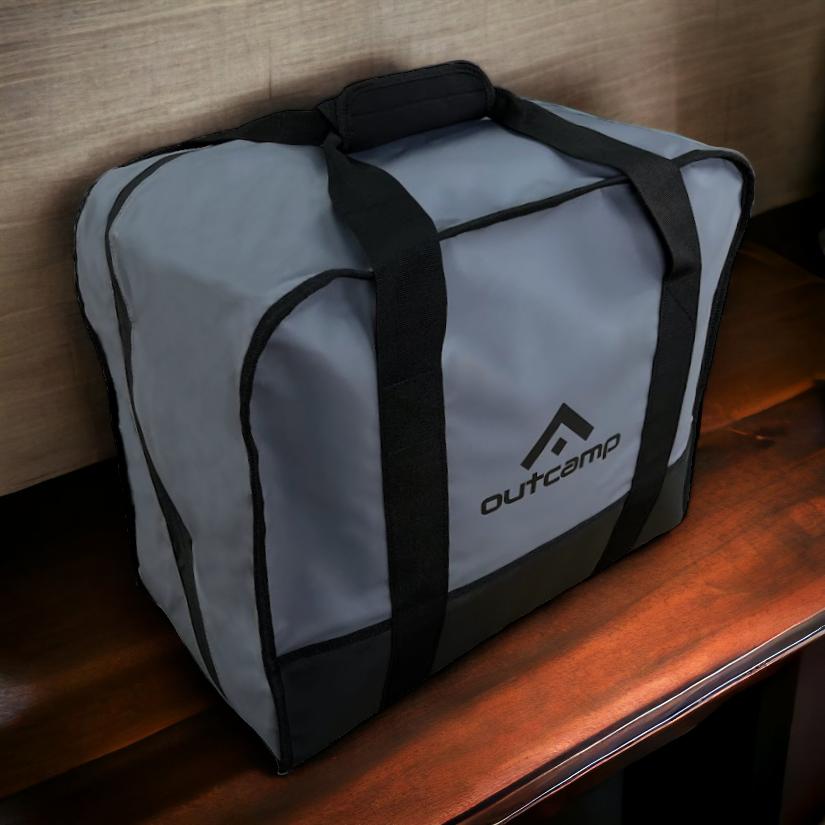
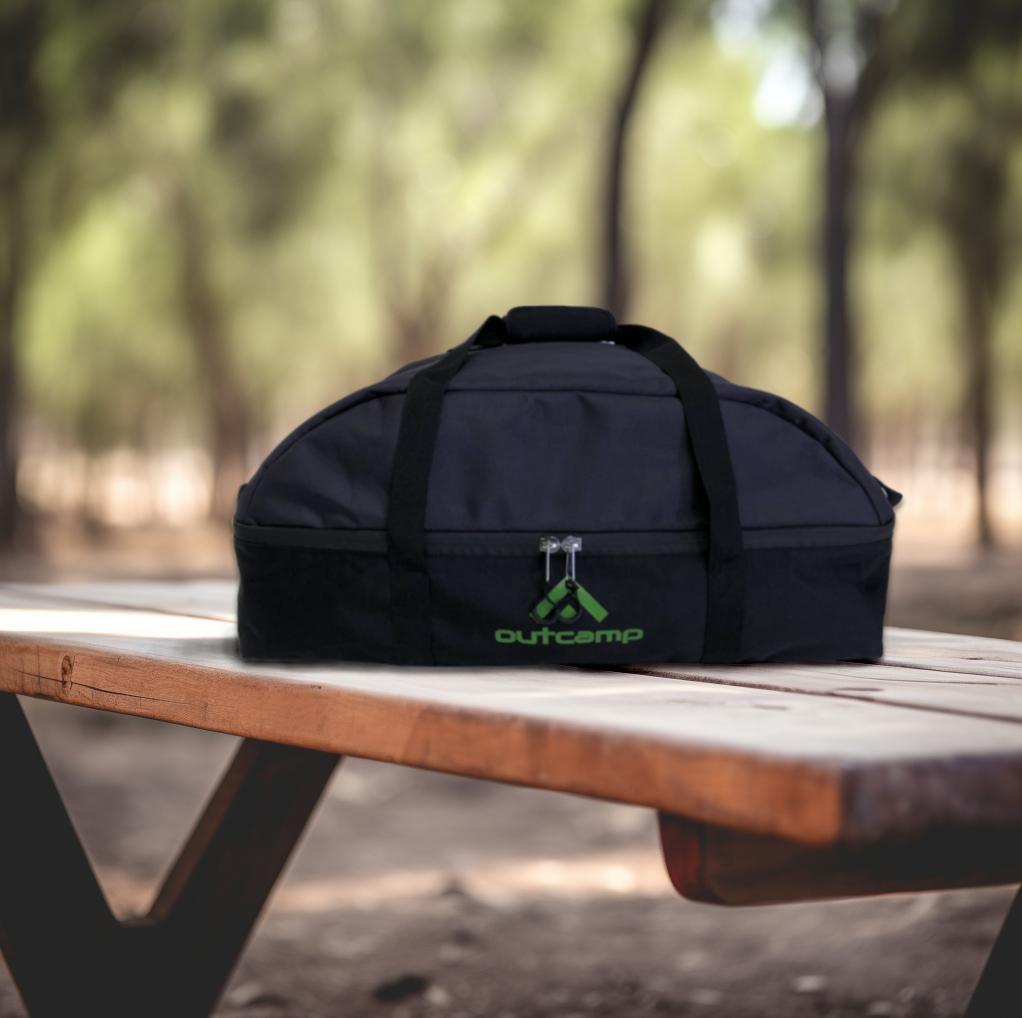
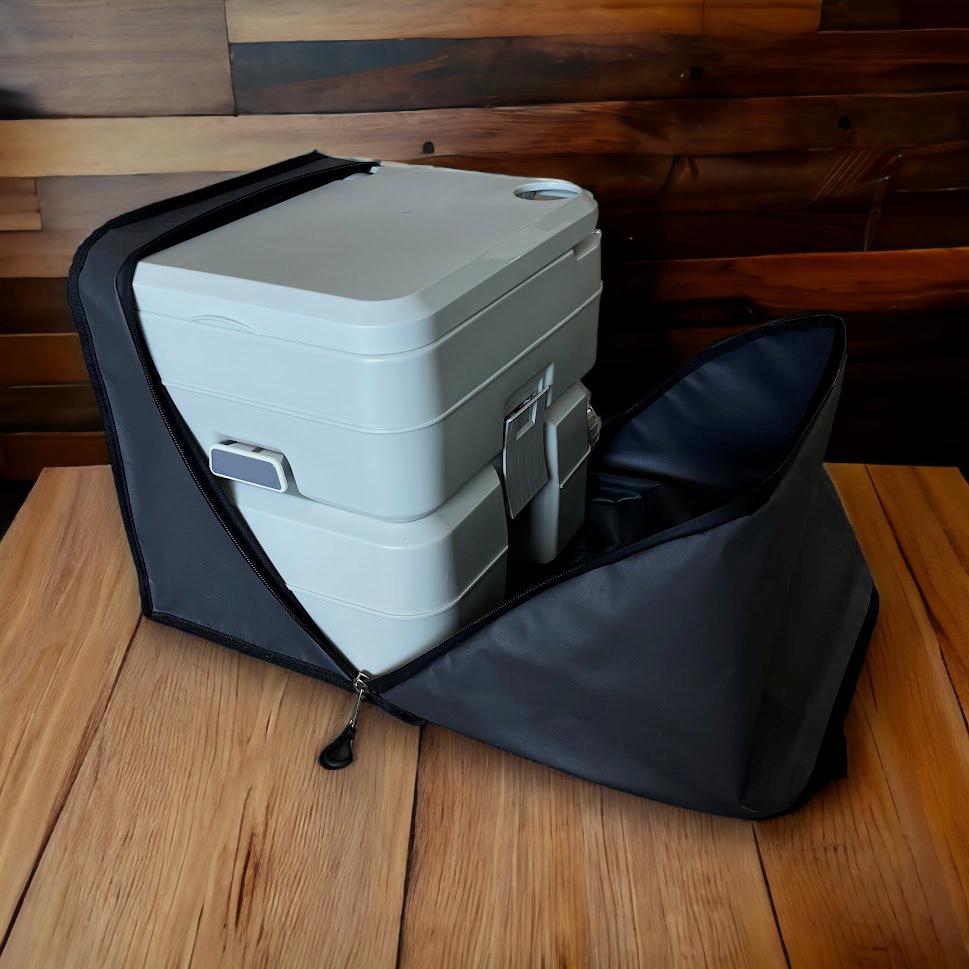
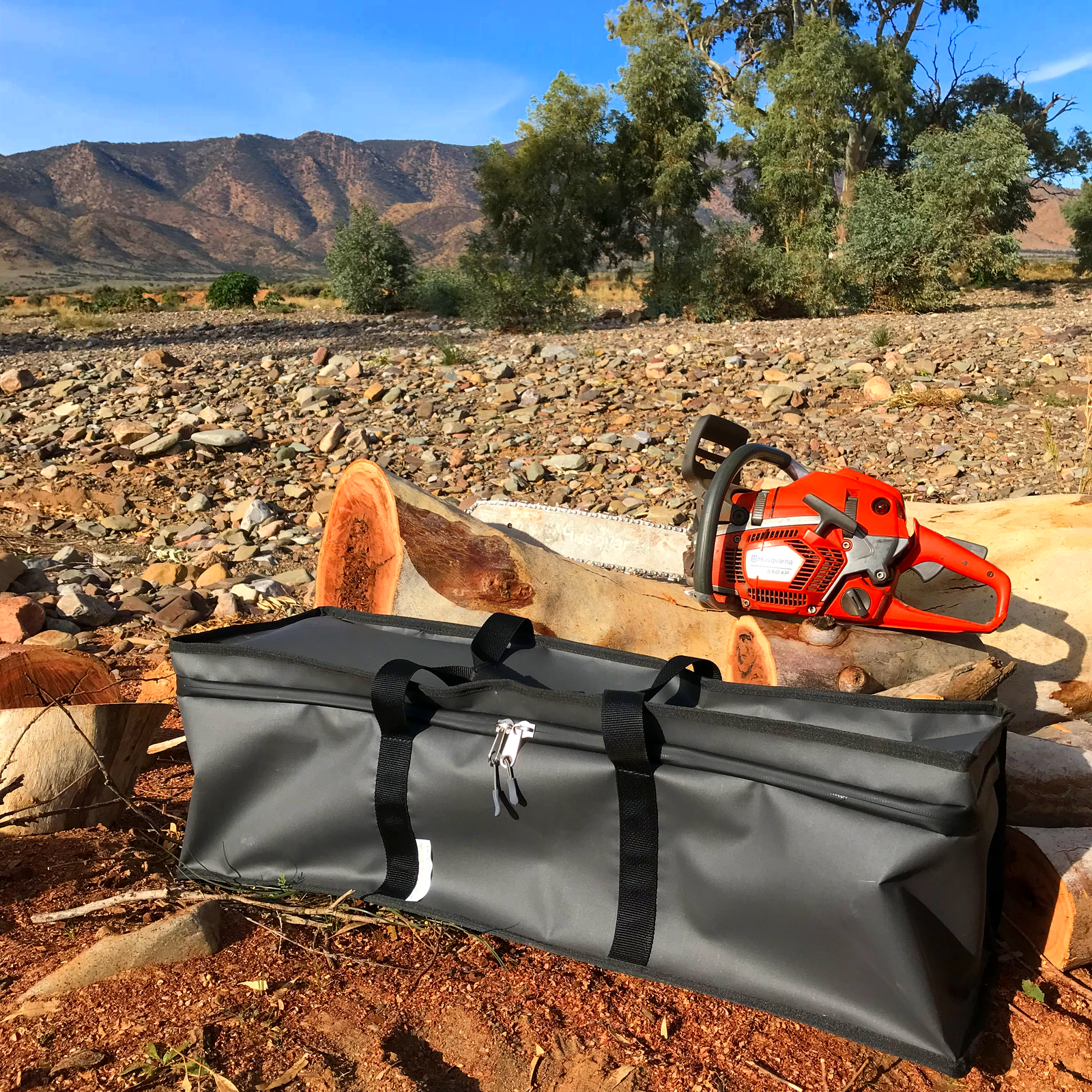
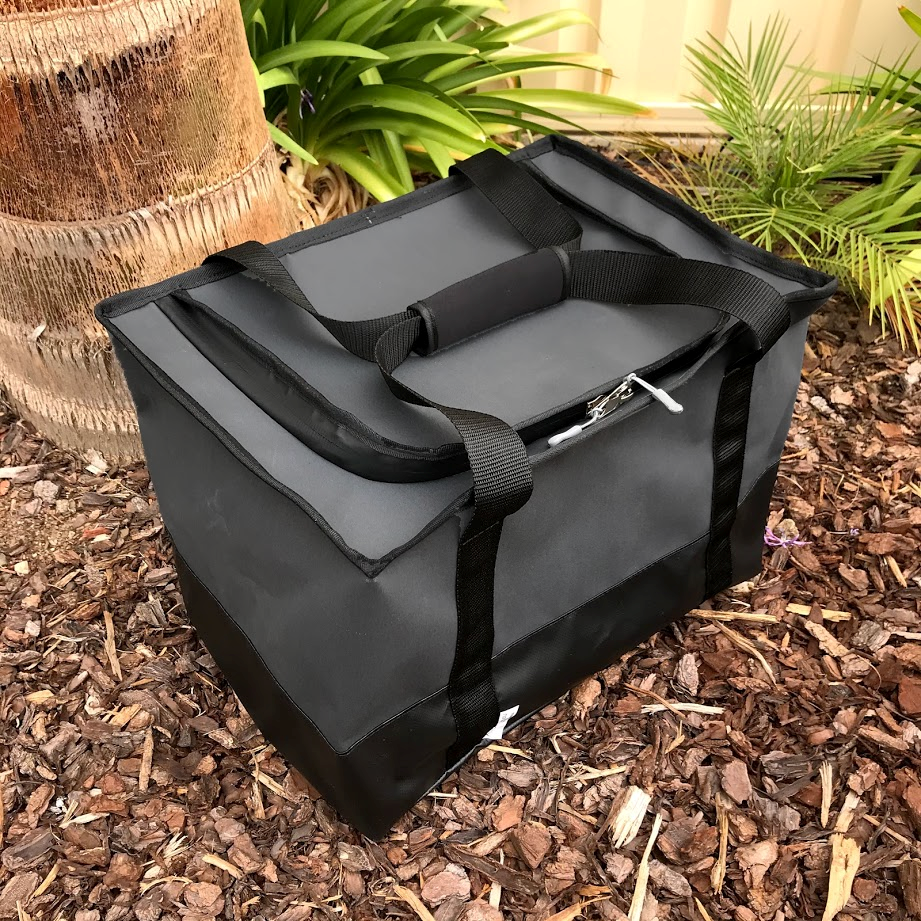
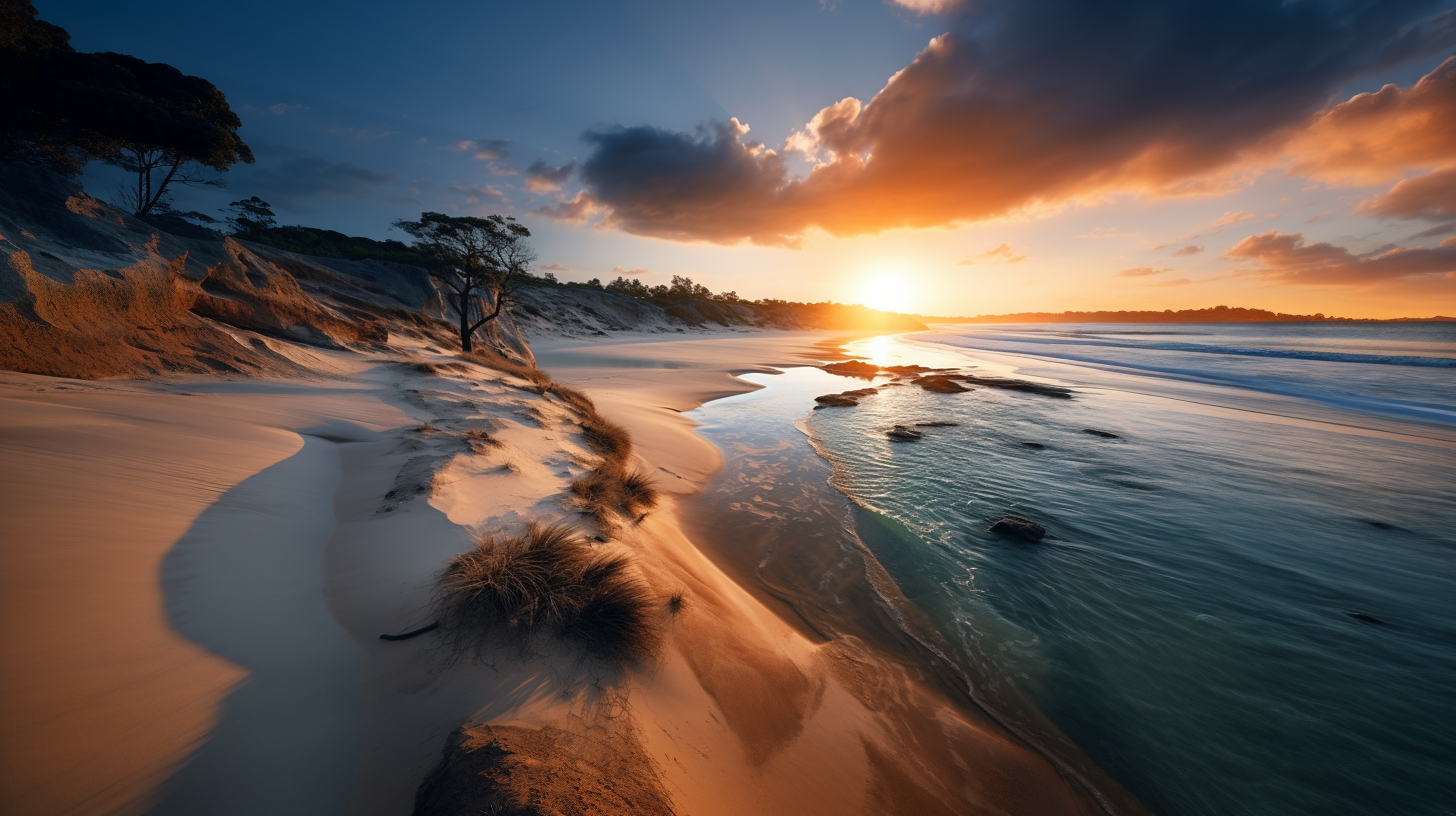
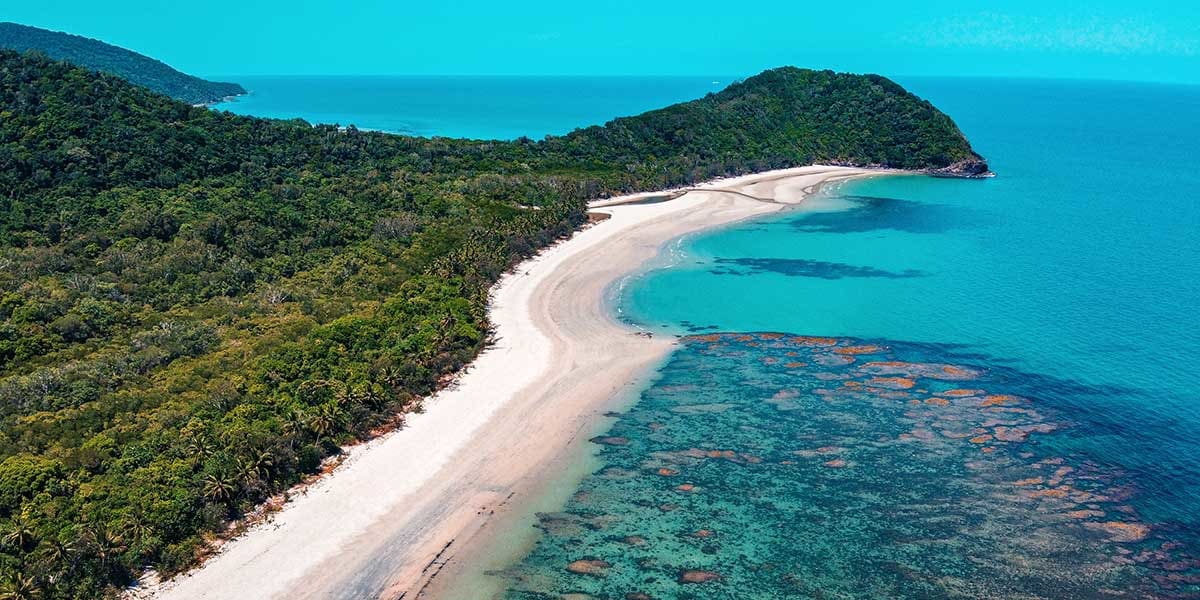
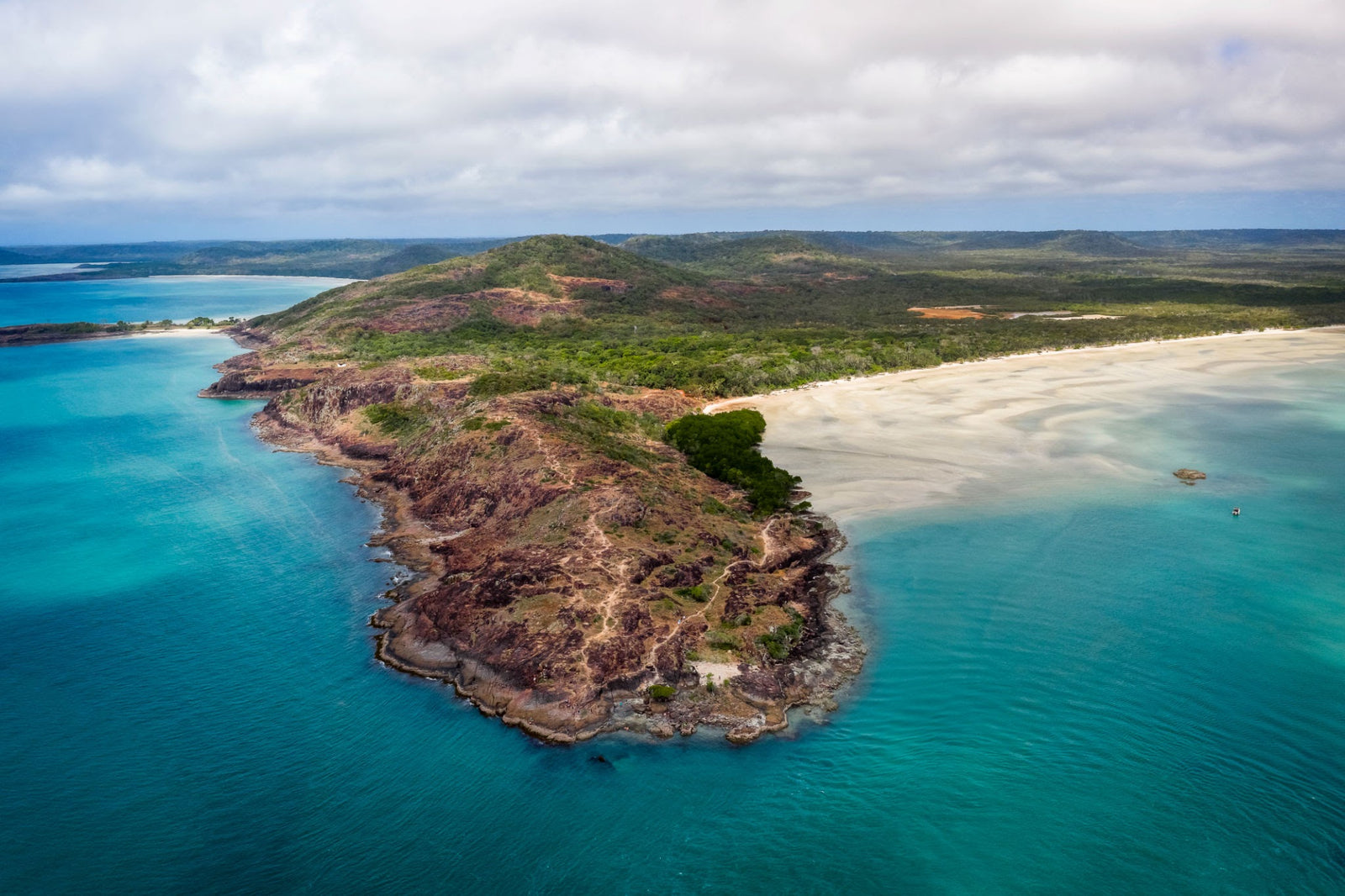
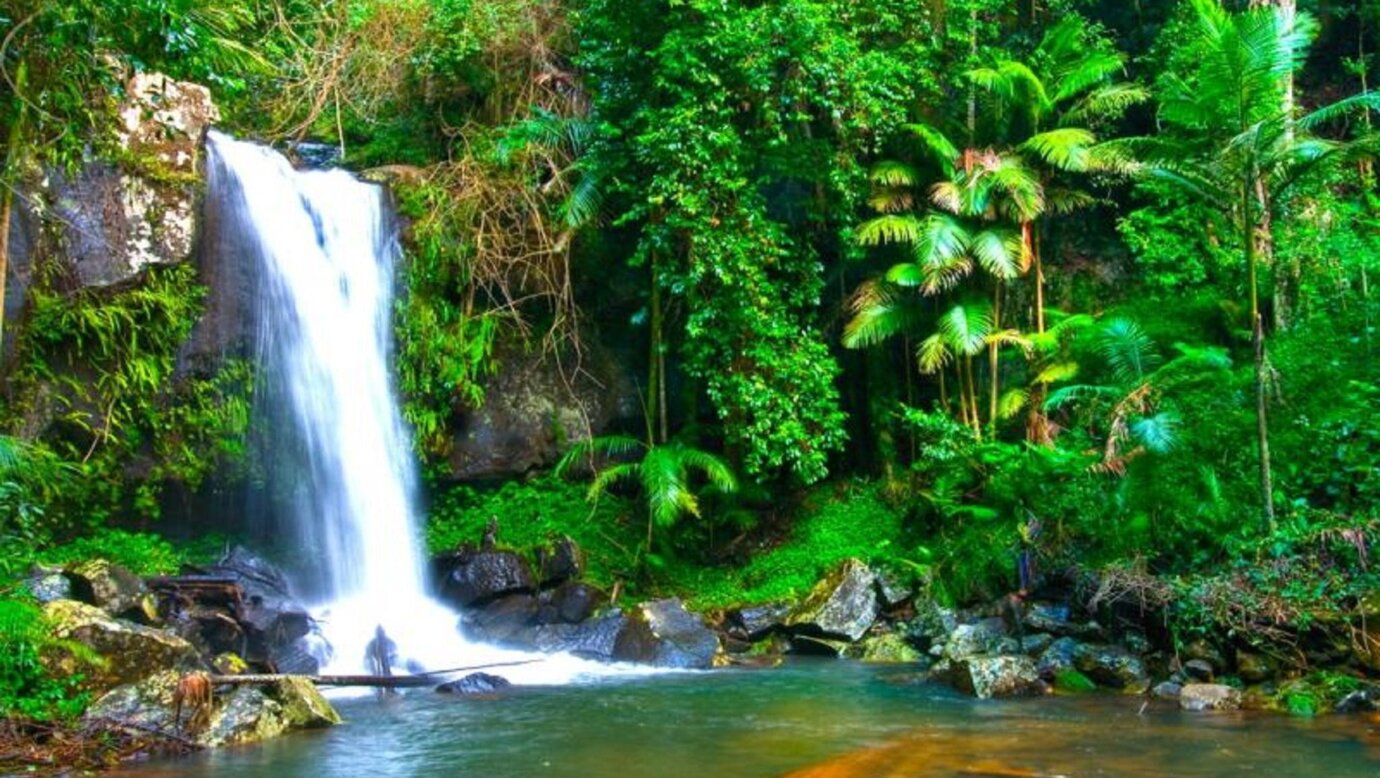

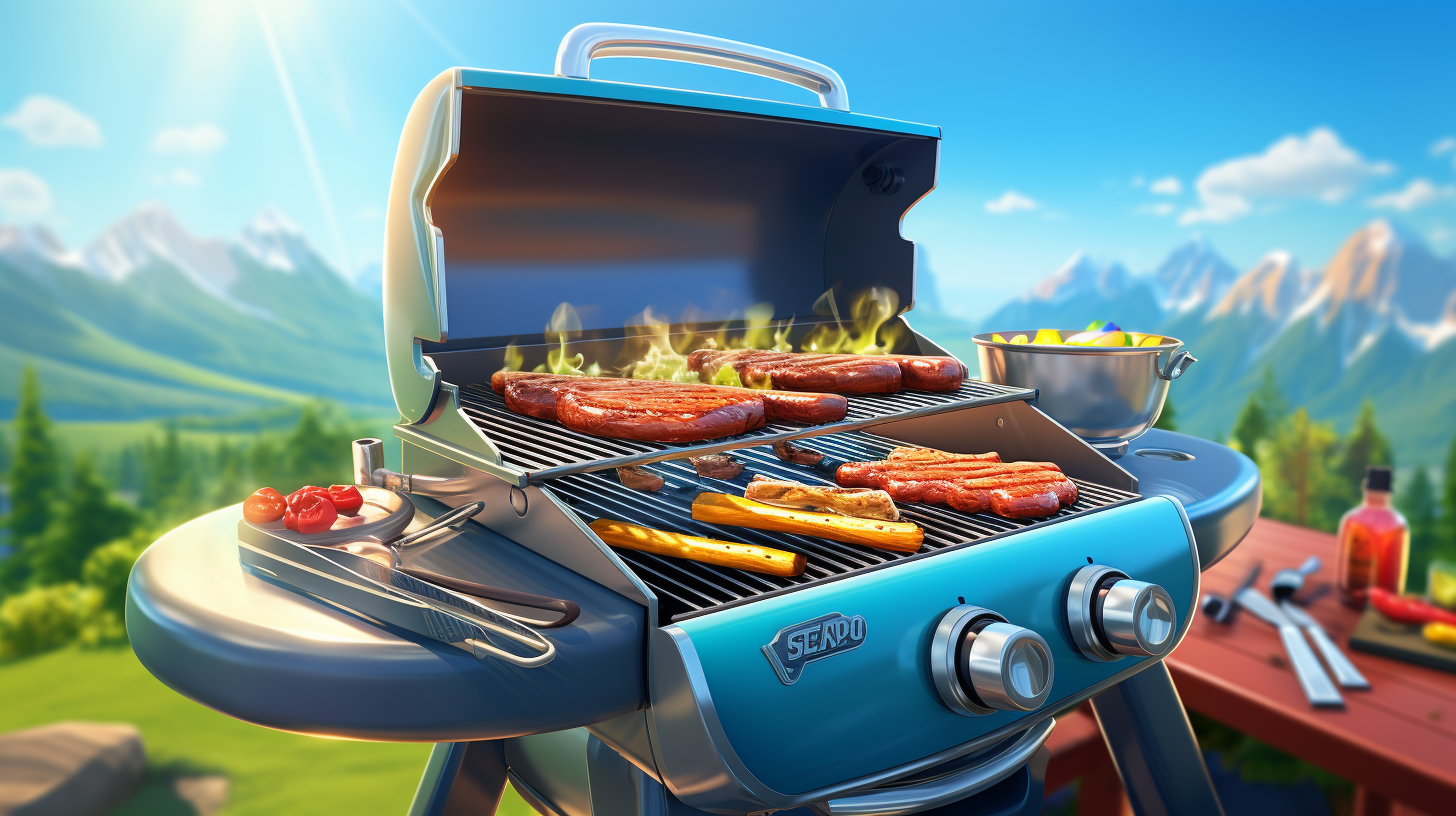
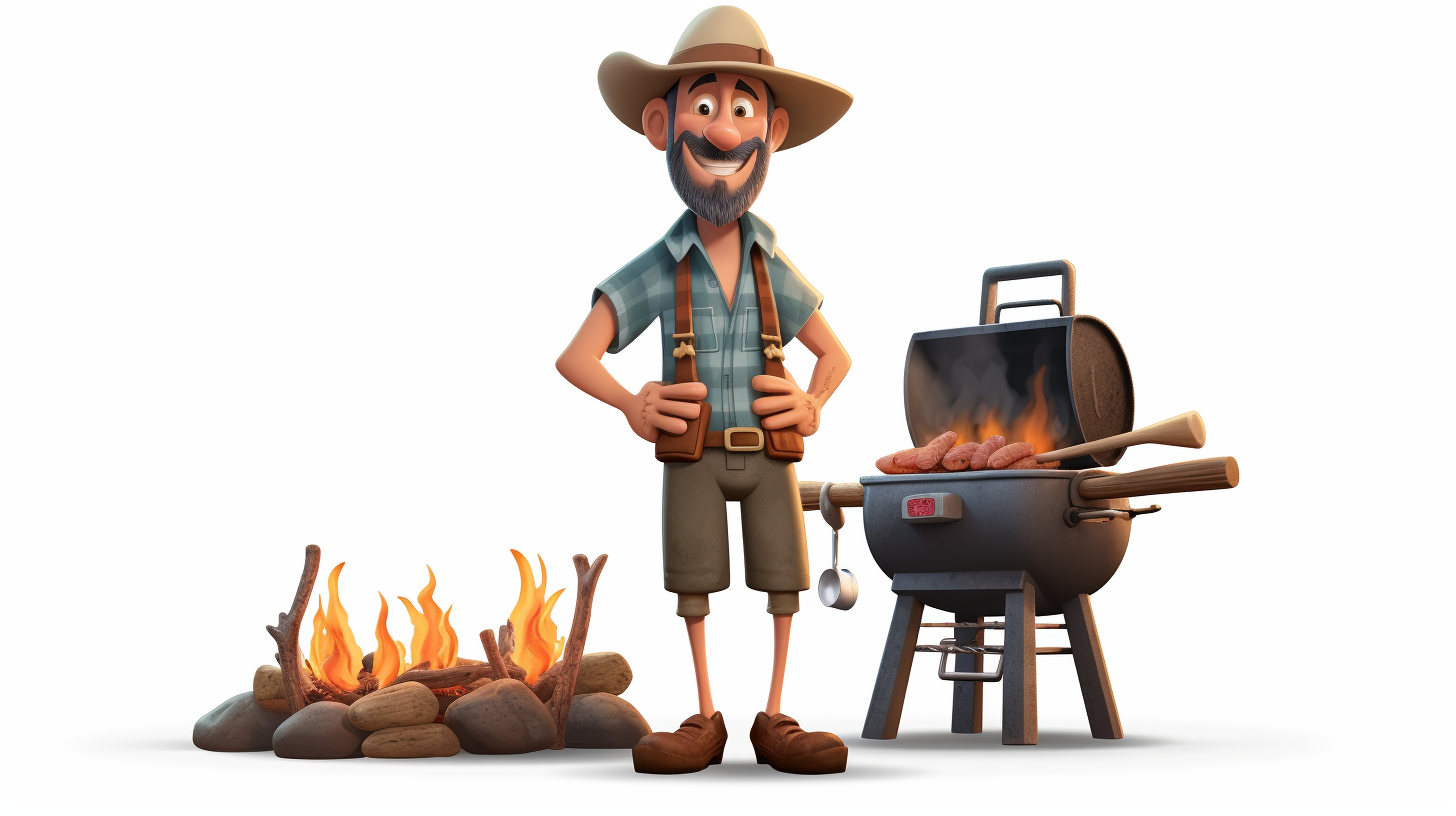
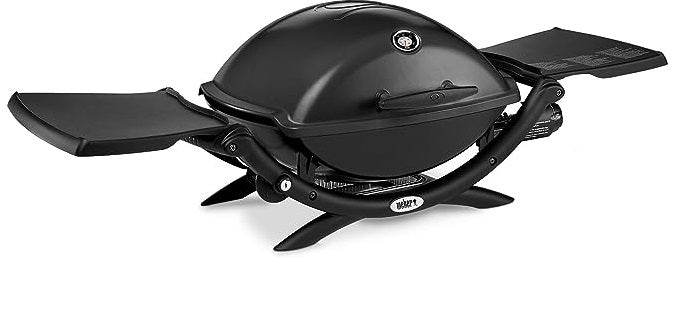
Leave a comment (all fields required)